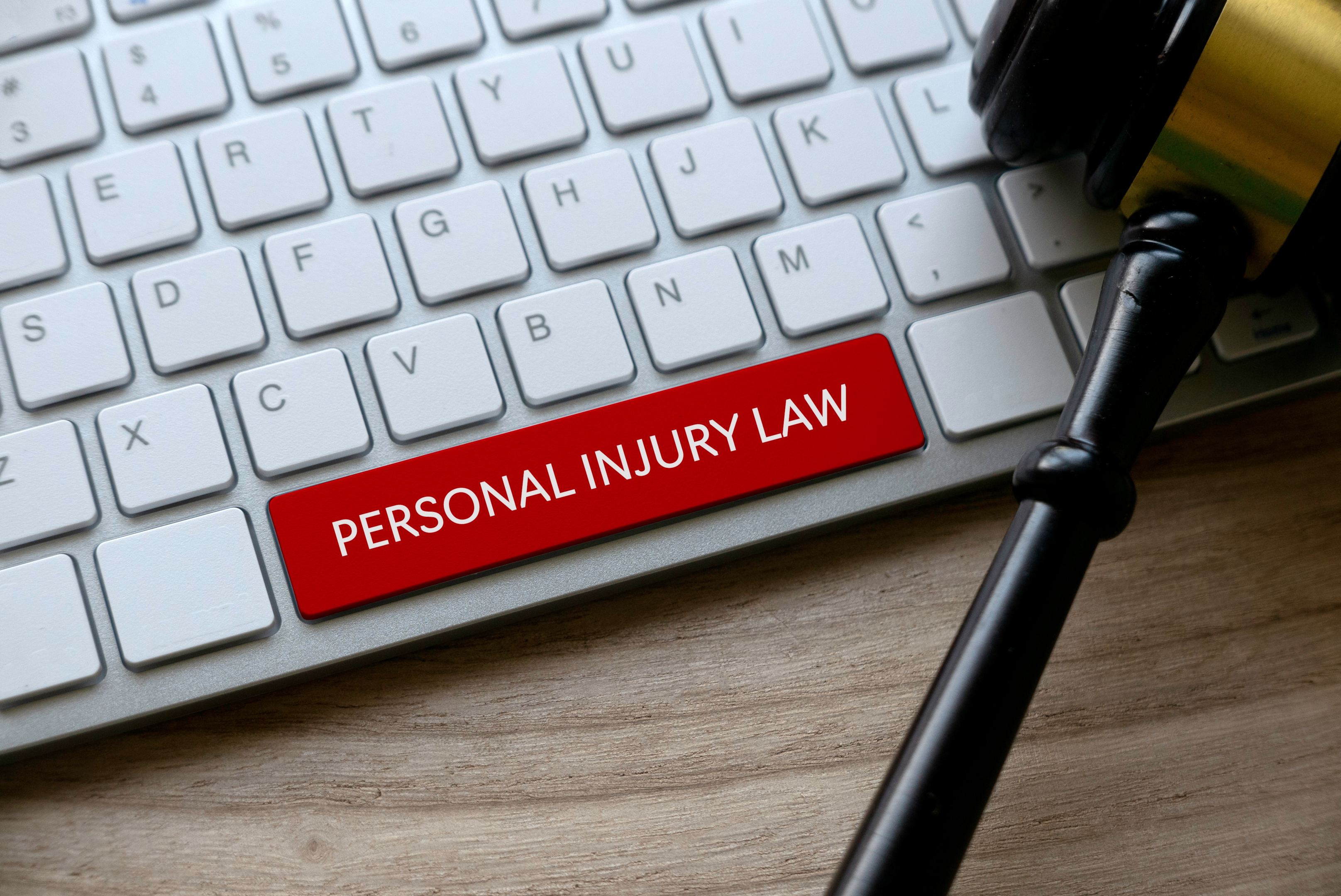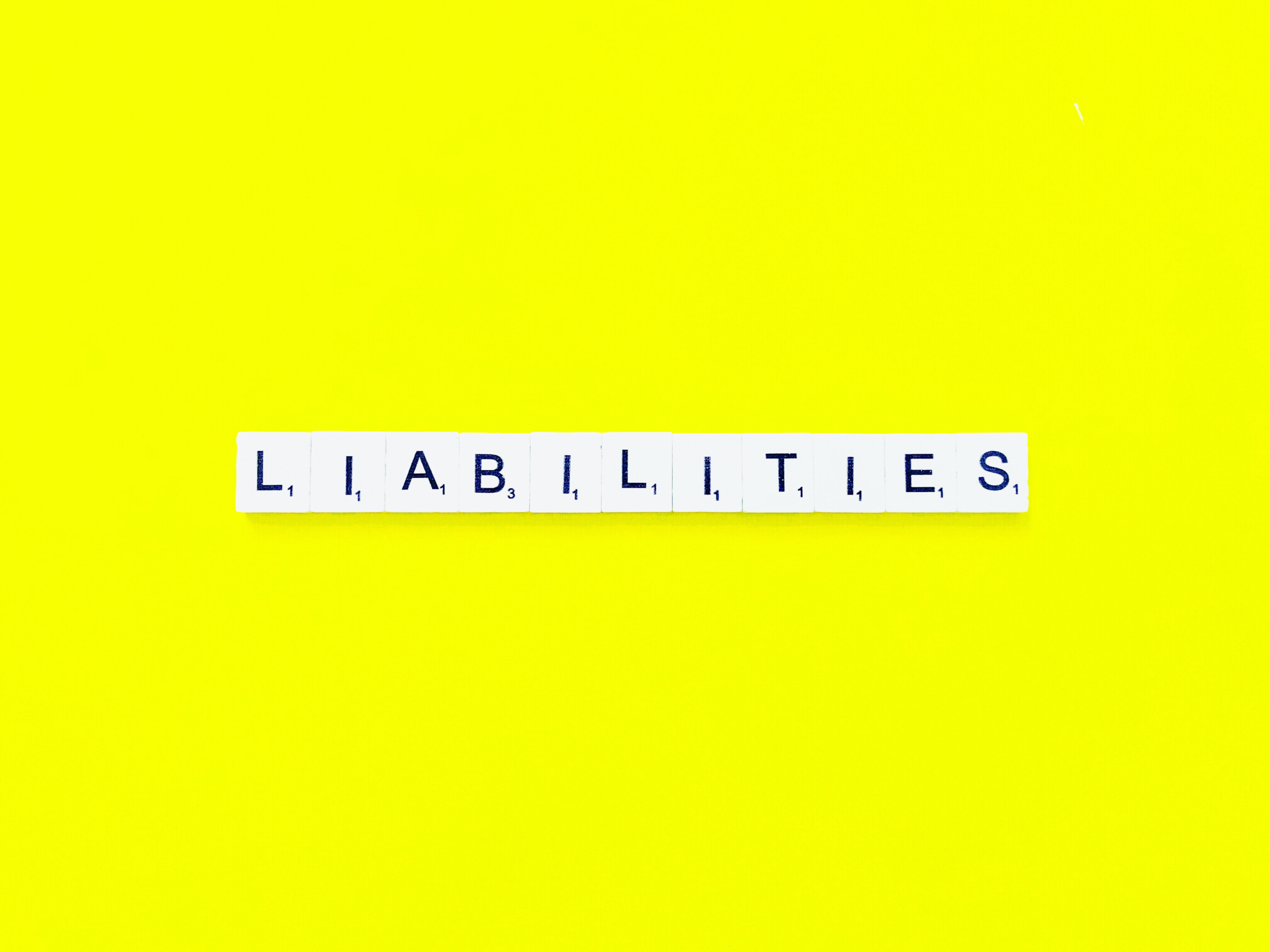Is California A Comparative Negligence State?

Comparative Negligence California
California is a comparative negligence state. This means that in personal injury cases, the court will examine the actions of all parties involved and assign a percentage of fault to each. Under California’s comparative negligence law, a plaintiff’s damages award will be reduced by the percentage of their own negligence that contributed to the accident. For example, modified comparative negligence states if a plaintiff is found to be 20% at fault for an accident and is awarded $100,000 in damages, their recovery would be reduced to $80,000 to account for their own negligence.
What Is Comparative Negligence in California?

Comparative negligence in California is a legal principle that determines the degree of fault of each party involved in a personal injury case. Under this principle, the court will assign a percentage of fault to each party based on their actions leading up to the accident. If the plaintiff is found to be partially at fault for the accident, their damages award will be reduced by the percentage of their own negligence.
For example, if a plaintiff is found to be 30% at fault for an accident and is awarded $100,000 in damages, their recovery would be reduced to $70,000 to account for their own negligence. The comparative negligence rule in California allows parties to still recover damages even if they are partially at fault for the accident or their own injuries, as long as their degree of fault is less than the defendant’s.
California’s Pure Comparative Negligence Law Explained

California’s pure comparative negligence law is a legal principle that determines how damages are allocated in personal injury cases. Under this law, each party involved in an accident can be assigned a percentage of fault, including the plaintiff.
Even if the plaintiff is found to be mostly at fault for the accident, they can still recover damages from the other party. The damages awarded to the parties are reduced by their own division of fault. For example, if a party is found to be 80% at fault for an accident and is awarded $100,000 in damages, their recovery would be reduced to $20,000.
This law differs from other states’ modified comparative negligence laws, which may have a limit for the party’s degree of fault that limits their ability to recover damages. With pure comparative negligence in California, a party can still recover damages even if they are found to be mostly at fault for the accident.
Is California a Comparative or Contributory Negligence State?

California is a comparative negligence state, not a contributory negligence state. In contributory negligence states, if a party is found to be even slightly at fault for an accident, they are barred from recovering any damages from the other party. However, in comparative negligence states like California, the plaintiff’s recovery is reduced by their percentage of fault.
This means that even if the parties are partially at fault for the accident, they can still recover damages from the other party. California follows the pure comparative fault and negligence rule, which allows the parties to recover damages even if their degree of fault is greater than the defendant’s. The pure comparative fault laws and negligence principle in California ensure that both parties are held accountable for their actions leading up to the accident, and damages are allocated fairly based on each party’s degree of fault.
Overview of Comparative Fault, Contributory Negligence, and Joint and Several Liability

Comparative fault, contributory negligence, and joint and several liabilities are all legal concepts that determine how damages are allocated in personal injury cases.
Comparative fault, also known as comparative negligence, is a legal principle that assigns a division of fault to each party involved in an accident. The plaintiff’s damages award is then reduced by their percentage of fault. Comparative fault is used in many states, including California.
Contributory negligence is a legal principle that bars a party from getting back any damages if they are found to be even slightly at fault for the accident. Contributory negligence is only used in a few states, as it is seen as harsh and unforgiving.
Joint and several liability is a legal principle that applies when a jury decides that multiple parties are at fault for an accident. Under joint and several liability, each party is individually responsible for the full amount of damages awarded to the party This means that the party can recover the full amount of damages from any of the parties, regardless of their division of fault.
Some states have abolished joint and several liability in favor of the legal doctrine of proportional liability, which assigns each party a percentage of responsibility for the damages. In these states, the party can only recover damages from each party based on their percentage of fault.
Overall, these legal concepts are designed to ensure that damages are allocated fairly in all personal injury lawsuit cases, taking into account each party’s degree of fault.
Comparative Negligence Involving Accidents with Two or More At-Fault Parties

Comparative negligence can become complicated in cases where there are two or more parties at fault for an accident. In such cases, each party’s degree of fault must be determined and allocated appropriately among multiple defendants.
Under comparative negligence laws, the party’s damages award is reduced by their percentage of fault. If there are multiple at-fault parties, the damages award can be allocated among them based on their percentage of fault. This means that each party is responsible for paying the portion of damages that goes with their degree of fault.
For example, if there are two parties at fault for an auto accident and one is found to be 60% responsible while the other is found to be 40% responsible for an auto accident, the damages award would be divided accordingly. The 60% at-fault party would be responsible for paying 60% of the damages, while the 40% at-fault party would be responsible for paying the remaining 40%.
In cases where one party is found to be fully at fault, they would be responsible for paying the full amount of damages awarded to the plaintiff. However, if multiple parties are found to be equally at fault, they may each be only partially responsible for paying the full amount of damages.
Overall, comparative negligence involving multiple at-fault parties can be complex, and it is important to have an experienced personal injury attorney to help with the legal process and ensure that damages are allocated fairly based on each party’s degree of fault.
How Does Comparative Negligence Work with Multiple Responsible Parties?

Comparative negligence can become more complex in cases where there are multiple responsible parties. In such cases, each party’s degree of fault must be determined and allocated appropriately.
Under comparative negligence laws, the plaintiff’s damages award is reduced by their percentage of fault. If there are multiple responsible parties, the damages award can be allocated among them based on their percentage of fault. This means that each party is responsible for paying the portion of damages that corresponds to their degree of fault.
For example, if there are three parties responsible for an accident and one is found to be 40% responsible, another is found to be 30% responsible, and the third is found to be 30% responsible, the damages award would be divided accordingly. The 40% responsible party would be responsible for paying 40% of the damages, while the other two parties would be responsible for paying the remaining 60% or her percentage of the damages, split proportionally based on their degree of fault.
In cases where one party is found to be fully responsible, they would be responsible for paying the full amount of damages awarded to the plaintiff. However, if multiple parties are found to be equally or partially responsible, they may each be responsible for paying the full amount of damages.
Overall, comparative negligence involving multiple responsible parties can be complex, and it is important to have an experienced personal injury attorney to help navigate the legal process and ensure that damages are allocated fairly based on each party’s degree of fault.
Pure Comparative Negligence Jurisdictions

Pure comparative negligence is a legal principle that is used in certain jurisdictions to determine how damages are allocated in personal injury cases. In pure comparative negligence jurisdictions, the plaintiff’s recovery is not barred even if they are found to be mostly at fault for the accident. Instead, the plaintiff’s damages award is reduced by their percentage of fault.
Jurisdictions that follow pure comparative negligence include California, Alaska, Arizona, Florida, Kentucky, Louisiana, Mississippi, Missouri, New Mexico, New York, Rhode Island, and Washington.
Under pure comparative negligence, the plaintiff can recover damages even if their degree of fault is greater than the defendant’s. This allows for a fair allocation of damages based on each party’s degree of their own fault therein and ensures that the plaintiff is not unfairly barred from recovering damages due to their own fault.
Overall, pure comparative negligence jurisdictions offer greater flexibility and fairness in personal injury cases, as they allow for a more nuanced determination of fault and damages.
Who Determines the Percentage of Fault in California Injury Cases?

In California injury cases, the percentage of fault is determined by a judge or jury during a trial. The judge or jury will hear evidence and arguments from both sides and determine the degree of fault of the accident victims and each party involved in the accident.
Factors that can be considered when determining the percentage of fault include the actions of each party leading up to the accident, the level of care exercised by each party, and any contributing factors such as weather or road conditions.
Once the degree of fault is determined, the plaintiff’s damages award is reduced by their percentage of fault. For example, if the plaintiff is found to be 20% at fault for the accident and is awarded $100,000 in damages, their recovery would be reduced to $80,000 to account for their own negligence.
It is important to note that in California, both parties can be found to be partially at fault for an accident. Even if a jury finds the plaintiff is partially at fault, they may still be able to recover damages from the other party, as long as their degree of fault is less than the defendant’s.
Modified vs. Pure Comparative Negligence
Modified comparative negligence and pure comparative negligence are two different legal principles used in personal injury cases to determine how damages are allocated.
Under pure comparative negligence, the plaintiff’s damages award is reduced by their percentage of fault, regardless of how much fault they have. This means that the plaintiff can still recover damages even if they are found by the superior court to be mostly at fault for the accident.
In contrast, modified comparative negligence applies a threshold for the plaintiff’s degree of fault. If the plaintiff’s degree of fault exceeds the limit, they are barred from getting back any damages. For example, in a jurisdiction that follows a 50% threshold, the plaintiff can only recover damages if their degree of fault is less than 50%.
There are different kinds of modified comparative negligence laws, with different limits and rules for recovery. For example, in some jurisdictions, the party can only recover damages if their degree of fault is less than 50%, while in others, the limit is set at 51%.
Overall, the difference between the modified comparative negligence states and pure comparative negligence lies in how much fault the plaintiff can have and still recover damages. Pure comparative negligence allows for recovery regardless of the plaintiff’s degree of fault, while modified comparative negligence applies a threshold for recovery based on the plaintiff’s degree of fault.
Damages and Recovery for Plaintiffs in Pure Comparative Negligence Cases

In pure comparative negligence cases, damages and recovery for parties are determined based on each party’s degree of fault in causing the accident.
If the plaintiff is partially at fault for the accident, their damages award is reduced by their percentage of fault. For example, if the parties are found to be 30% at fault for the accident and is awarded $100,000 in damages, their recovery would be reduced to $70,000 to account for their own negligence.
If the defendant is found to be fully at fault for the accident, the plaintiff can recover the full amount of damages awarded. However, if the defendant’s breach is found to be only sort of at fault, their damages award is reduced by the percentage of fault attributed to the defendant.
In addition to economic damages such as medical bills and lost wages, plaintiffs in pure comparative negligence cases may also recover non-economic damages such as pain and suffering. Non-economic damages are typically more subjective and may vary depending on the circumstances of the case.
Overall, the damages and recovery for plaintiffs in pure comparative negligence cases are determined based on each party’s degree of fault in causing the accident. Plaintiffs can still recover damages even if they are found to be kind at fault, as long as their degree of fault is less than the defendant’s.
Comparative vs. Contributory Negligence
Comparative negligence and contributory negligence are two legal principles used to determine how damages are allocated in personal injury cases.
Under comparative negligence, each party’s degree of fault is determined and damages are allocated based on their percentage of fault. Even if the plaintiff is partially at fault for the accident, they can still recover damages from the other party, as long as their degree of fault is less than the other defendant’s percentage. Comparative negligence allows for a more nuanced determination of fault and damages and ensures that the plaintiff is not unfairly barred from getting back damages due to their own negligence.
In contrast, contributory negligence is a legal rule that bars a party from getting back any damages if they are found to be even slightly at fault for the accident. This means that if the plaintiff is found to be partially at fault for the accident, they cannot recover any damages from the other party.
Comparative negligence is used in many states, including California, while contributory negligence is only used in a few states. The difference between these two legal things lies in their approach to determining fault and allocating damages. Comparative negligence allows for a more balanced allocation of damages based on each party’s degree of fault, while contributory negligence is seen as more rigid and unforgiving.
California’s Comparative Negligence Law in a way that’s easy to understand:
In California, when you get into an accident, like a car crash, and you want to get money (called “damages”) for your injuries or damages to your stuff, the law looks at how much each person involved was at fault. This is called “Comparative Negligence.”
Here’s how it works:
- Percentage of Fault: Let’s say you had a car accident. If the other driver was mostly at fault but you were a little bit at fault too, the law will decide what percentage of the blame belongs to each of you. For example, maybe the other driver is 80% at fault, and you’re 20% at fault.
- Reduced Damages: If you try to get money for your injuries or damages, the amount you can get will be reduced by your own percentage of fault. So, using the example above, if you were going to get $100, it would be reduced by 20% (because you were 20% at fault). That means you’d get $80 instead of the full $100.
- Fairness: This law is there to make things fair. So, if you had some part in causing the accident, it’s taken into account when deciding how much money you can get.
In short, California’s Comparative Negligence Law means that if you’re partly to blame for an accident, it can reduce the amount of money you can get. But, even if you were a bit at fault, you can still get some compensation, just not the full amount.













